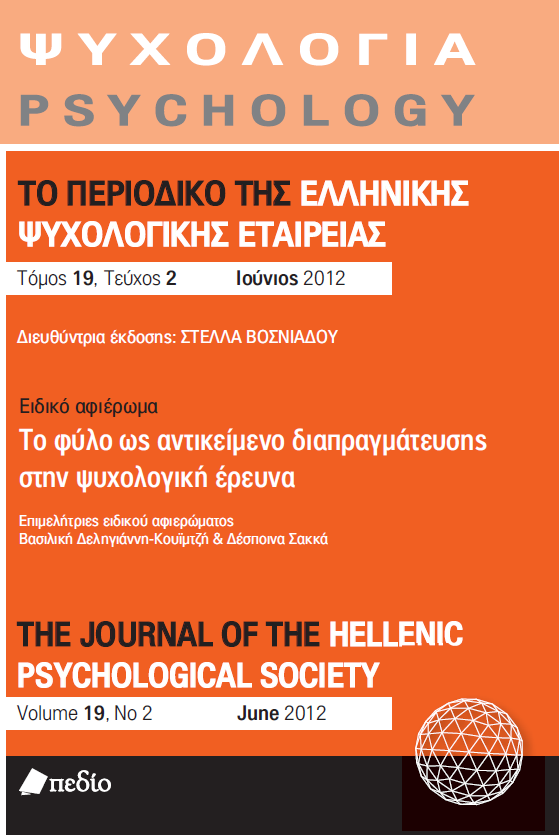Un/thinking children in development: A contribution from northern antidevelopmental psychology

Abstract
This chapter outlines a feminist antipsychological approach to analyzing childhoods. Taking up Squire’s (1990) characterisation of feminism as antipsychology, this paper analyses child development as text. Examples drawn from a range of institutional practices and genres are juxtaposed, to highlight some newly emerging twists of contemporary tropes of northern, normalised childhoods. Unsurprisingly perhaps, recent departures from the rational, autonomous, unitary subject of modern developmental psychology (c.f. Henriques et al, 1984; Burman 1994, 2008a) betray political continuities with older formulations (especially in relation to familialism). Notwithstanding these supposedly flexible times, it will be argued that covert continuities underlying discernable shifts - especially around the configuration of gendered and racialised representations - indicate some key consolidations, albeit now accorded apparently ‘democratic’ hues. Both in their proliferation and
via their juxtaposition, it is suggested, these diverse texts can be installed within a narrative of critique. This political-methodological intervention works, therefore, firstly, to deconstruct the opposition between popular cultural and expert (developmental psychological) knowledges to mediate their mutual elaboration and legitimation. Secondly, this sample of available representations of childhood illustrates a key strategy of (as in Richards’s formulation, 1998), putting psychology in its (culturally and historically limited) place. The paper
ends with some more general epistemological and ethical reflections on the alliances and antagonisms of inter- and cross-disciplinary approaches to childhood, and their contributions to challenging wider
developmental discourses.
Article Details
- How to Cite
-
Burman, E. (2020). Un/thinking children in development: A contribution from northern antidevelopmental psychology. Psychology: The Journal of the Hellenic Psychological Society, 19(2), 125–143. https://doi.org/10.12681/psy_hps.23612
- Issue
- Vol. 19 No. 2 (2012)
- Section
- SPECIAL SECTION

This work is licensed under a Creative Commons Attribution-ShareAlike 4.0 International License.
The journal PSYCHOLOGY adopts a Platinum open-access policy. Submission, processing or publication costs are waived by the Hellenic Psychological Society. Papers published in the journal PSYCHOLOGY are licensed under a 'Creative Commons Attribution-ShareAlike 4.0 International' licence. The authors reserve the copyright of their work and grant the journal the right of its first publication. Third-party licensees are allowed to use the published paper immediately after publication as they wish, provided they retain the defined by the license copyright formalities, regarding the reference to its author(s) and its initial publication in the journal PSYCHOLOGY. Moreover, any adjusted work should be shared under the same reuse rights, so with the same CC license.


